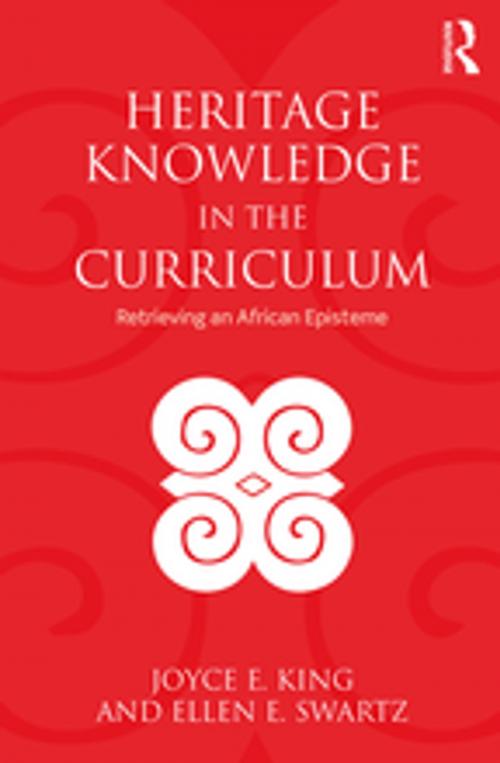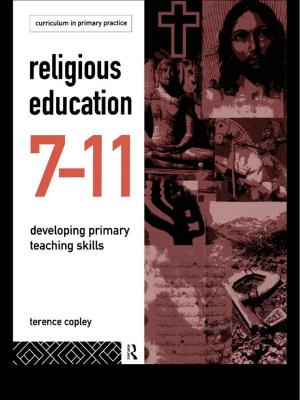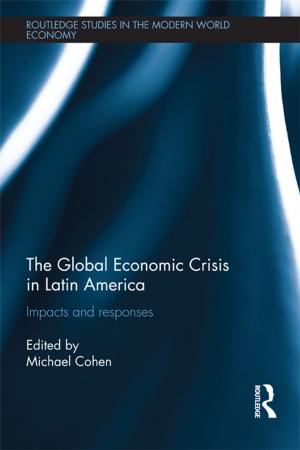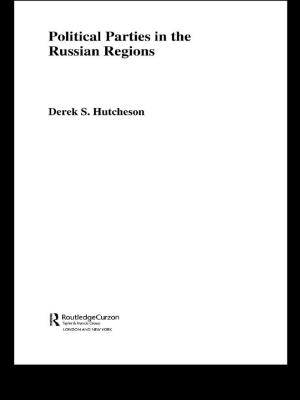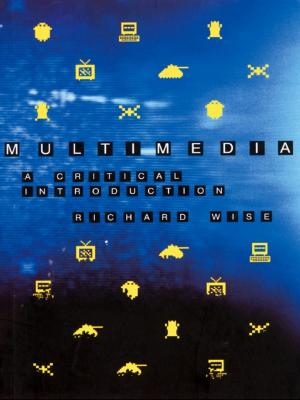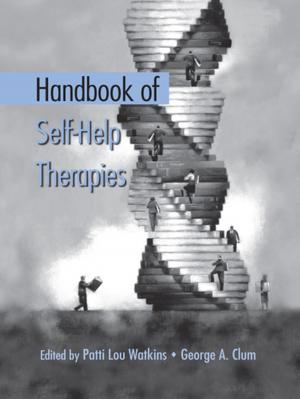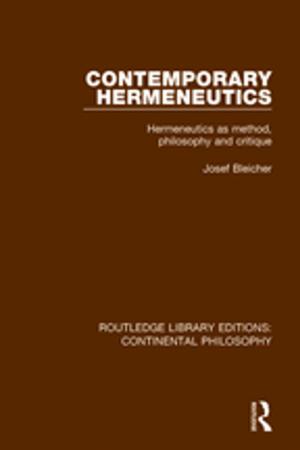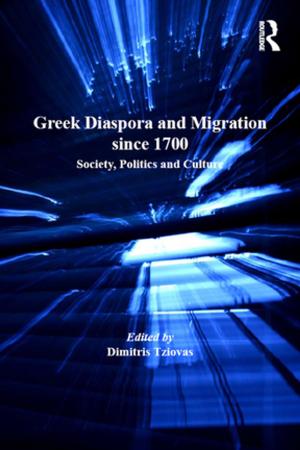Heritage Knowledge in the Curriculum
Retrieving an African Episteme
Nonfiction, Reference & Language, Education & Teaching, Educational Theory, Multicultural Education, Philosophy & Social Aspects, Teaching, Teaching Methods| Author: | Joyce E. King, Ellen E. Swartz | ISBN: | 9781351213219 |
| Publisher: | Taylor and Francis | Publication: | April 27, 2018 |
| Imprint: | Routledge | Language: | English |
| Author: | Joyce E. King, Ellen E. Swartz |
| ISBN: | 9781351213219 |
| Publisher: | Taylor and Francis |
| Publication: | April 27, 2018 |
| Imprint: | Routledge |
| Language: | English |
Moving beyond the content integration approach of multicultural education, this text powerfully advocates for the importance of curriculum built upon authentic knowledge construction informed by the Black intellectual tradition and an African episteme. By retrieving, examining, and reconnecting the continuity of African Diasporan heritage with school knowledge, this volume aims to repair the rupture that has silenced this cultural memory in standard historiography in general and in PK-12 curriculum content and pedagogy in particular. This ethically informed curriculum approach not only allows students of African ancestry to understand where they fit in the world but also makes the accomplishments and teachings of our collective ancestors available for the benefit of all. King and Swartz provide readers with a process for making overt and explicit the values, actions, thoughts, and behaviors reflected in an African episteme that serves as the foundation for African Diasporan sociohistorical phenomenon/events. With such knowledge, teachers can conceptualize curriculum and shape instruction that locates people in all cultures as subjects with agency whose actions embody their ongoing cultural legacy.
Moving beyond the content integration approach of multicultural education, this text powerfully advocates for the importance of curriculum built upon authentic knowledge construction informed by the Black intellectual tradition and an African episteme. By retrieving, examining, and reconnecting the continuity of African Diasporan heritage with school knowledge, this volume aims to repair the rupture that has silenced this cultural memory in standard historiography in general and in PK-12 curriculum content and pedagogy in particular. This ethically informed curriculum approach not only allows students of African ancestry to understand where they fit in the world but also makes the accomplishments and teachings of our collective ancestors available for the benefit of all. King and Swartz provide readers with a process for making overt and explicit the values, actions, thoughts, and behaviors reflected in an African episteme that serves as the foundation for African Diasporan sociohistorical phenomenon/events. With such knowledge, teachers can conceptualize curriculum and shape instruction that locates people in all cultures as subjects with agency whose actions embody their ongoing cultural legacy.
